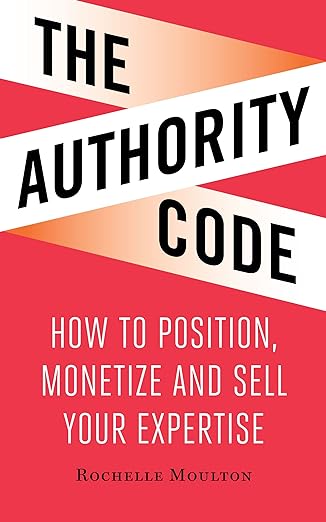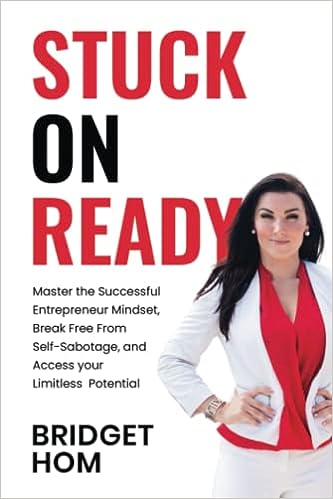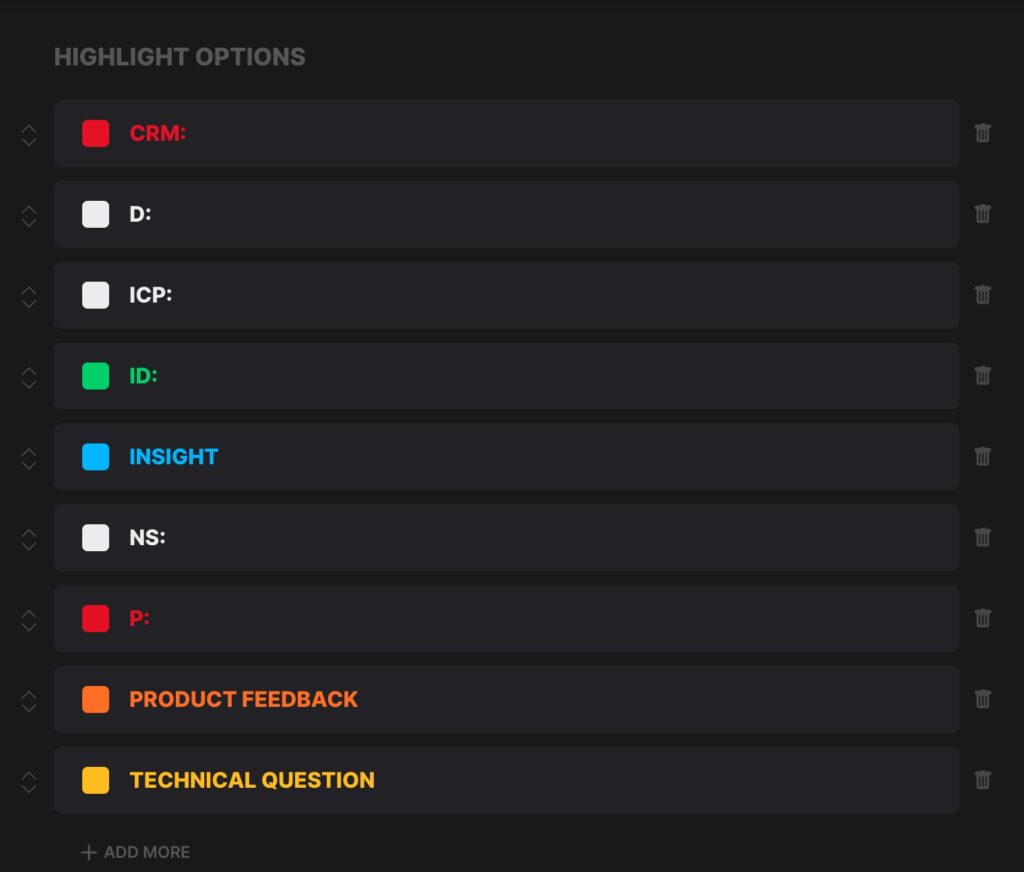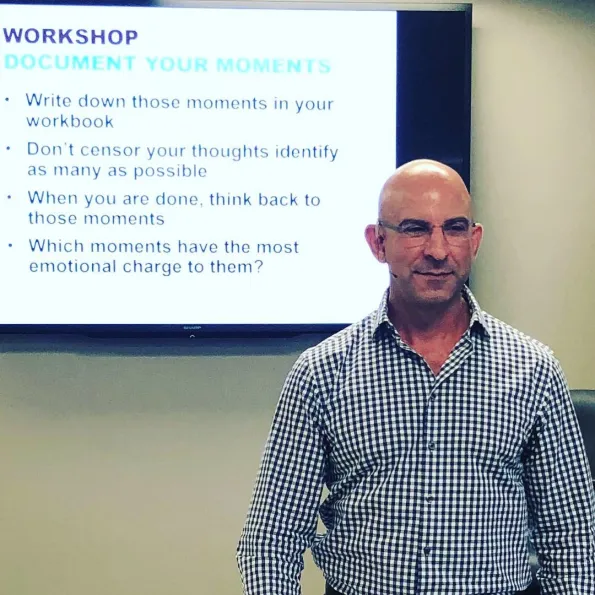If you prefer the video…
For the past few years, I’ve done a December episode where it’s just me, talking about things I’d like to make sure I pass on, because I found them so useful (and because it typically took me way too long to figure them out).
In this episode, I talk about boiling the complexity of sales and marketing down to a simple 2 Step Sales Process.
This is specifically for folks in relationship business– if you’re in ecommerce or groceries or other more transactional markets, this is not for you.
If you’re in a relationship business, you’re in a conversation business, because conversations are the building blocks of relationships.
So if you’re in one of these businesses, here’s your 2 step sales process:
- Figure out exactly who you want to have conversations with.
- Have conversations with them.
That’s it.
If you do that, good things will happen. If you don’t, it will be more of a struggle.
Check out the episode for more details, naturally, and check out these additional resources.
- Free “Sales without Selling” webinar that goes into more details.
- The short original post where I described the 2 Step Sales Process Concept.
- An online calculator to help you estimate your “maximum social network“.
- Of course, Mimiran is, as far as I know, the only CRM designed to help support this sales process. Many help you with the second part, although I couldn’t find one that I liked, and none help with the first part.
Give it a shot and let me know what happens. I think you’ll be pleasantly surprised…
The Wine
Reuben has a Loire Valley Pinot Noir from Domaine Vacheron in Sancerre.

Where to find Reuben
@Sales4Nerds, @Mimiran, Mimiran.com.You can also listen on Overcast, or Subscribe on Android, or Player.fm.
Want a way to make sales and marketing fun, without being “salesy”? Try Mimiran, the CRM for elite solo consultants who love serving clients but who hate “selling”.
It also has a “mad-libs” style wizard to help you lay our your mission and positioning, including your origin story and customer stories so you can hone and share your unique perspective (in other words, figure out exactly who you want to talk to). Plus, Mimiran makes follow-up a breeze, so staying on top of those busy editors is easy. And lead magnets let you convert your exposure into leads and conversations.
Get alerted when there are new episodes (1x/month):















